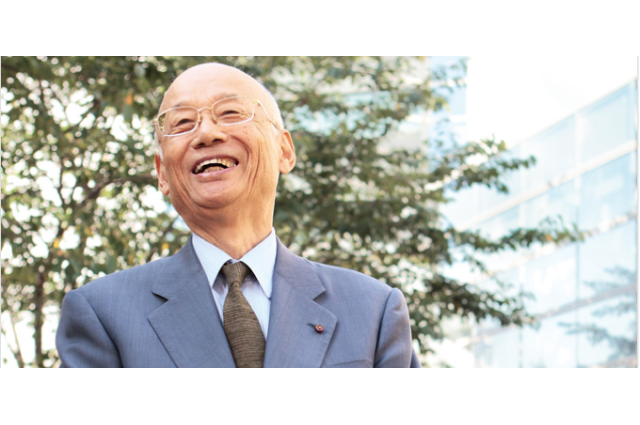Three researchers – Japanese scientist Satoshi Omura and his Irish collaborator, William C. Campbell, and China’s Tu Youyou – have been awarded the Nobel Prize for discoveries that led to the development of key remedies for debilitating parasitic diseases.
Reuters reports that Omura and Campbell won half the prize for their development of Avermectin, which has been used to treat millions of victims suffering from river blindness and lymphatic filariasis, which can cause elephantiasis. Dr. Tu was recognized for her innovative use of an ingredient used in traditional Chinese medicine to develop Artemisinin, an affordable treatment for malaria.
River blindness, officially known as onchocerciasis, affects victims around the world, in countries such as Brazil, Ethiopia, Guatemala, Nigeria, Sudan, Uganda, and Venezuela. Its symptoms include intense itching, rashes, and eye diseases that frequently permanent blindness. Meanwhile the World Health Organization describes filariasis as a tropical disease passed on by mosquitos that can cause the grotesque disfigurement and swelling known as elephantiasis. Malaria, also spread by mosquitos, is a major threat, particularly to some of the world’s poorest inhabitants.
Despite helping to spare millions of potential victims around the globe from river blindness and filariasis, Omura remained steadfastly humble after the announcement. The Japan Times reported that the 80-year-old professor emeritus of Tokyo’s Kitasato University said on Monday night, in a phone call to his daughter, “I’m surprised. I never thought I would win.” At a news conference earlier that evening, he was quoted as saying: “I was helped by microorganisms. I wonder if I deserve the prize.”
However, The Nobel Assembly was not so quick to downplay those accomplishments. After announcing the joint winners of the prize the Assembly said: “These two discoveries have provided humankind with powerful new means to combat these debilitating diseases that affect hundreds of millions of people annually … The consequences in terms of improved human health and reduced suffering are immeasurable.”
–Kyle Mullin
Image: Chem-Station.com









